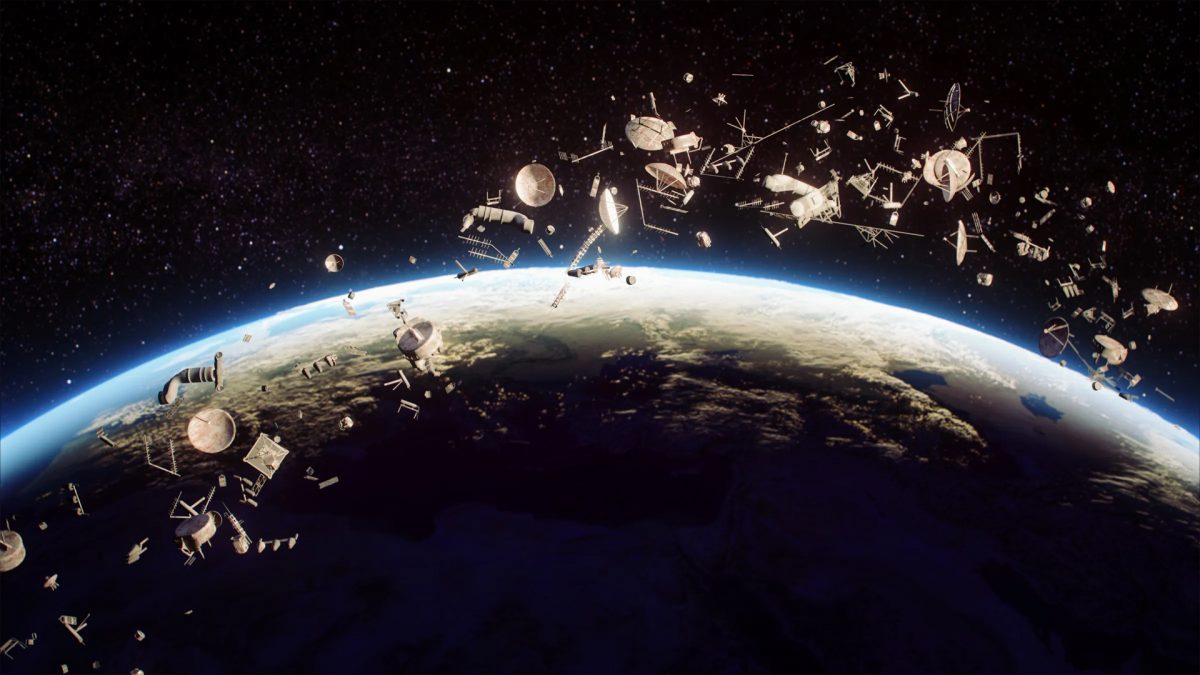The European Space Agency (ESA) is in discussions with SpaceX, hoping to bring the American space company on board an international initiative aimed at managing the ever-increasing problem of space debris.
With thousands of pieces of junk cluttering Earth’s orbit, ESA is working to prevent future collisions and ensure the safety of satellites and space missions.
ESA’s Director General, Josef Aschbacher, highlighted the importance of the agency’s “Zero Debris Charter,” which has already gained support from over 110 countries and organisations. The charter aims to halt the creation of new space debris by 2030.
While SpaceX hasn’t signed on just yet, Aschbacher remains optimistic, emphasising that ESA will continue pushing for collaboration, seeing it as crucial for the future of space activities.
A growing concern
Currently, there are nearly 19,000 pieces of trackable space junk orbiting the Earth, ranging from defunct satellites to rocket fragments from past collisions.
Although ESA doesn’t regulate space activity, it plays a key role in fostering cooperation between international partners to mitigate the risks associated with this debris. Aschbacher expressed confidence in the charter’s momentum, noting that more stakeholders are coming together to support the cause.
With approximately 6,300 active satellites, most of which belong to its Starlink network, SpaceX is a major player in low Earth orbit. The company operates nearly two-thirds of the satellites in this region, meaning its involvement in debris management efforts could have a significant impact.
Impact Shorts
More ShortsMeanwhile, new constellations from companies like Amazon and Chinese networks are further adding to the congestion, making collaborative action even more urgent.
Real-life consequences of space junk
The dangers posed by space debris are not hypothetical. A recent incident saw a Chinese rocket body shatter after colliding with orbital junk, creating one of the largest debris fields recorded. Anti-satellite missile tests by several countries have also worsened the situation, underscoring the need for effective space management.
ESA’s ongoing talks with SpaceX signal a step towards a cleaner orbit, ensuring safer conditions for satellites and space exploration in the future. As more countries and companies join forces, the hope is that initiatives like the Zero Debris Charter will pave the way for sustainable space operations.


)

)
)
)
)
)
)
)
)



